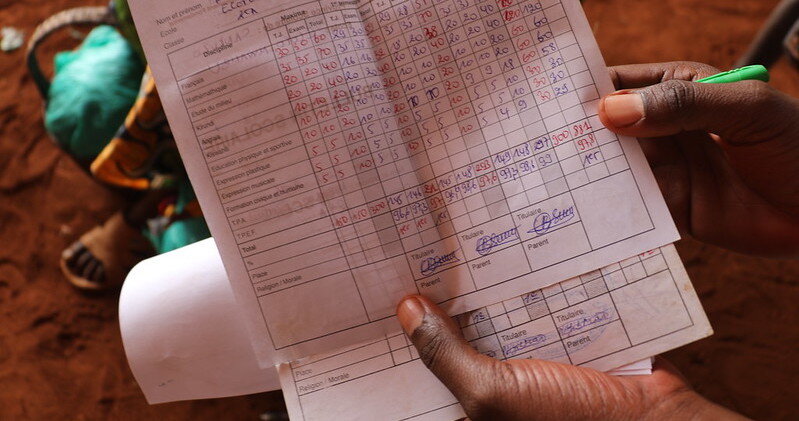The Role of Home Learning Environments and Family Socioeconomic Status on Children’s Learning Attainments in Tanzania
By Laurent Gabriel Ndijuye
22 March 2021
For the past fifty years, Tanzania has hosted almost two million refugees from Burundi, the Democratic Republic of Congo, Rwanda, Mozambique, and Somalia. Burundian refugees form the largest refugee group, closely followed by the Congolese and Rwandans. The first Burundian refugees came to Tanzania in 1972. This group was initially settled in different parts of the Kigoma region, especially in border villages near to Kigoma and Kasulu towns. About two-thirds of them were later moved by the government of Tanzania and UNHCR to Ulyankulu, Mishamo, and Katumba settlement areas in the Tabora and Katavi regions, while the rest remained in villages among the local majority as "self-settled refugees." In 2010, about 270,000 of these refugees received verbal naturalization notification as Tanzanian citizens.
A growing body of research has consistently indicated that a low quality home learning environment (HLE) and poor family socioeconomic status (SES) adversely affect children’s preparedness for school and other learning outcomes, with the resulting inequalities persisting from early childhood to adulthood. In Tanzania, documented gaps in school learning have been identified among disadvantaged children who live in rural areas and girls. Learning attainment for naturalized refugees, however, has been under-studied. My research seeks to understand differences in HLE, SES, and learning attainment among rural and urban Tanzanian citizens and rural naturalized refugees in Tanzania.
I recruited a total of 303 participants for this study: 150 parents (75 fathers and 75 mothers); 150 children aged between 60 months and 84 months (75 in pre-primary, 40 in Grade 1, and 35 in Grade 2); and three principals. I collected data using parents’ questionnaires, interviews, Bracken’s Basic Concept Scale–Receptive, Early Grades Reading Assessment, and Early Grades Mathematics Assessment.
Overall, I found that children of naturalized refugees had lower socioeconomic status than urban Tanzanians; their home learning environments and family SES were comparable to those of rural Tanzanians; and their learning attainments were comparable to urban Tanzanians. Though they lived side by side, naturalized refugee children outperformed rural Tanzanian children. Specifically, the school preparedness of naturalized refugee children was relatively lower than that of urban children, but significantly higher than that of rural non-refugees. Literacy and numeracy attainments of naturalized refugee children were comparable to that of urban children and significantly higher than that of rural non-refugees. Regardless of urbanicity, in literacy attainment, naturalized refugee girls outperformed other gender groups, including both urban and rural boys and girls.
Findings of this study also indicated that family characteristics are important predictors of naturalized refugee children’s learning outcomes. Parental education, a proxy for family SES, is strongly related to refugee children’s learning attainments. Family wealth was also one of the major predictors of children’s school readiness. Compared to rural non-refugee children, refugee children came from slightly richer households and demonstrated learning attainments comparable to those of children in the richer urban group. These family characteristics and the home learning environments are critical to children’s learning attainment in Tanzania where teacher qualifications and school resources are limited.
This post was adapted from the author’s original research article, which appeared in the Journal of Early Childhood Research. Click here to read more.
Disclaimer: The views, thoughts, and opinions expressed in this publication belong solely to the author(s) and do not necessarily represent those of REACH or the Harvard Graduate School of Education.
About the Author
Laurent Gabriel Ndijuye is a Tanzanian researcher and scholar with extensive experiences in education in emergencies (EiE). His research interests include early childhood education, equity and social justice in early childhood education, and refugee and immigrant education. He has extensively researched on these issues in the Great Lakes Region of sub-Saharan Africa.

